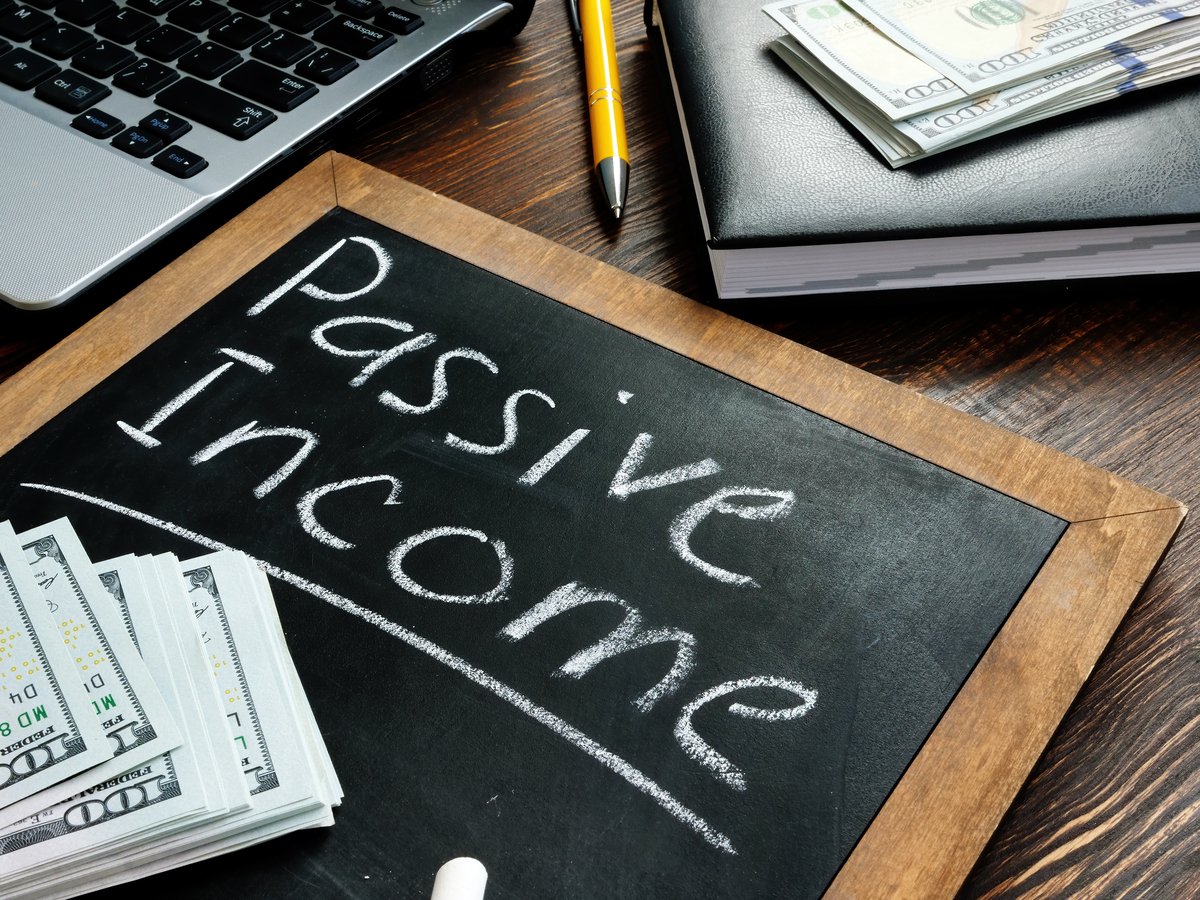It may seem nobody is interested in McDonald's (MCD 0.51%) stock these days, but management sure is. Back in May, it announced its plans to return between $18 billion and $20 billion to shareholders in the form of dividends and buybacks between 2014 and 2016. That's 10% to 20% more than the prior three-year period. McDonald's has growth problems. Does a stock buyback make sense? Let's take a look.

Source: McDonald's.
Not as aggressive as you may think
Sometimes when companies announce large buybacks, the sheer size may seem overwhelming and designed to shock the market. That's not necessarily so with McDonald's. The company so far has been buying back at a steady pace instead of aggressively all at once. It bought back about $628 million in shares in the second quarter and another $704 million in the third quarter.
At the $704 million quarterly pace, McDonald's is slated to repurchase $2.8 billion worth of stock in a year. That may sound like a lot, but with a $92 billion market cap at the time of this writing, that's only 3% annually. Still, 3% is 3%, and it will have an effect of raising diluted earnings per share by about 3%. It would also mean the dividend can be raised by 3% without increasing cash flow outlay to pay for it. McDonald's likes raising its dividend, which it has done annually since its first one in 1976. McDonald's annual share repurchase totals have dropped from $3.95 billion in 2007 to $1.81 billion in 2013.
Changes coming
Still, buybacks of any size, even relatively small ones, only make sense if McDonald's stock is undervalued and the underlying business is still growing. CFO Pete Bensen and the rest of the team recognize that McDonald's has been slipping up lately but have a plan to return to profitable growth. In the last conference call, Bensen stated: "Let me assure you that there is an acute understanding of the situation along with a strong sense of urgency to take the necessary steps to address our current challenges."
CEO Don Thompson added:
We are confident that the work being done by our teams around the world will yield sustained profitable growth in the long term. We have faced numerous challenges throughout our history and have always managed through these cycles. If you could travel the world and visit our franchisees and our restaurant teams, you would share our confidence that we will manage through these latest challenges as well. It all comes back to the strength of our brand, our business model, and our approach to investing and growing the business over the long term.
The new McDonald's
Starting in January, McDonald's plans to go back to a simplified menu as it had during its decades of growth years (and as many of its growing competitors currently have). The company anticipates a simple menu will mean shorter wait times for customers and easier times in the kitchen. With the smaller menu, McDonald's expects to then have room to introduce items that appeal to specific local regions.
One-size-fits-all doesn't work as well as it used to, and McDonald's finally gets that. For example, Thompson stated during the call:
Customers want to personalize their meals with locally relevant ingredients. They also want to enjoy eating in a contemporary inviting atmosphere. And they want choices -- choices in how they order, choices in what they order and how they're served.
The call was filled with phrases such as "local relevance," "local customers," and "local markets." You'll still be able to get your Big Mac, your Quarter Pounder With Cheese, and your McNuggets at most locations, but on the shorter menu will be choices appealing to local tastes.
Thompson explained that McDonald's lost market share to competitors that customize to satisfy local tastes, and the company is finally recognizing that. From sushi in Japan to lamb burgers in Turkey to McCurry in India, McDonald's has always adapted on the international scale but is now going to narrow down the focus in America and elsewhere. Maybe we'll see McCrawdads in New Orleans or a McChimichanga in Phoenix.

Source: McDonald's Japan.
Foolish thoughts
The buyback in the big picture isn't huge, considering McDonald's very large cash flow and market cap. It seems like a wise decision to invest in its own stock while it's down, but its future is far from out. With a healthy current dividend yield at 3.6% and dividends climbing every year, the market seems to be pricing McDonald's for failure in its initiatives. It's a great time for the company to be buying its own stock while it's cheap versus expectations for growing its business.






